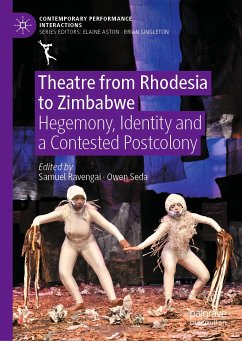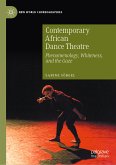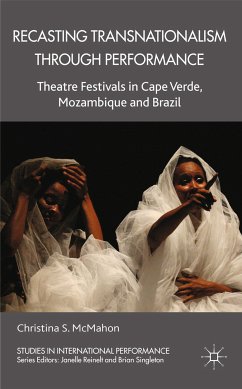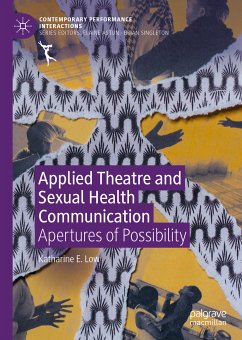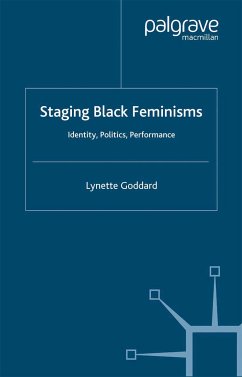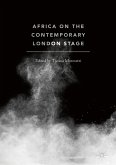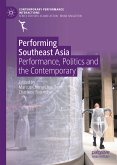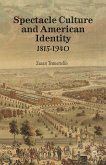The voices that are represented in this collection come from various parts of the world and express the views of practitioners and scholars who have all had first-hand experience working in Zimbabwean theatre from the last days of Rhodesia to Zimbabwe. The collection views the long continuum of developments in local theatre history as a case of the intrusive hegemonies that came with colonial Rhodesia as a conquest society, and localised identities in the form of the persistence of indigenous and syncretic popular forms. With time, all these came together to constitute the makings of a contested post-colony in contemporary theatre practice in Zimbabwe. The primary interest of scholars who are represented here is located at the intersection of political, cultural and performative discourses and the flow of Zimbabwean history. The focus, moreover, is not only on the history of performance cultures in postcolonial Zimbabwe - it extends its critical gaze to include the history of politicalideas that gave rise to cultural contestation in the field of theatre and performance.
Dieser Download kann aus rechtlichen Gründen nur mit Rechnungsadresse in A, B, BG, CY, CZ, D, DK, EW, E, FIN, F, GR, HR, H, IRL, I, LT, L, LR, M, NL, PL, P, R, S, SLO, SK ausgeliefert werden.

